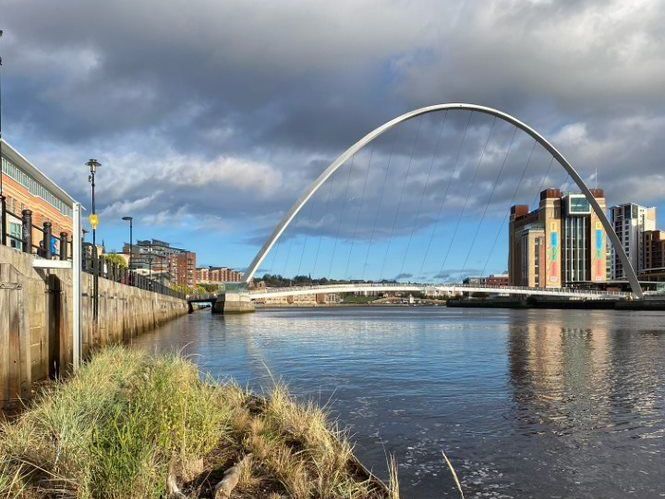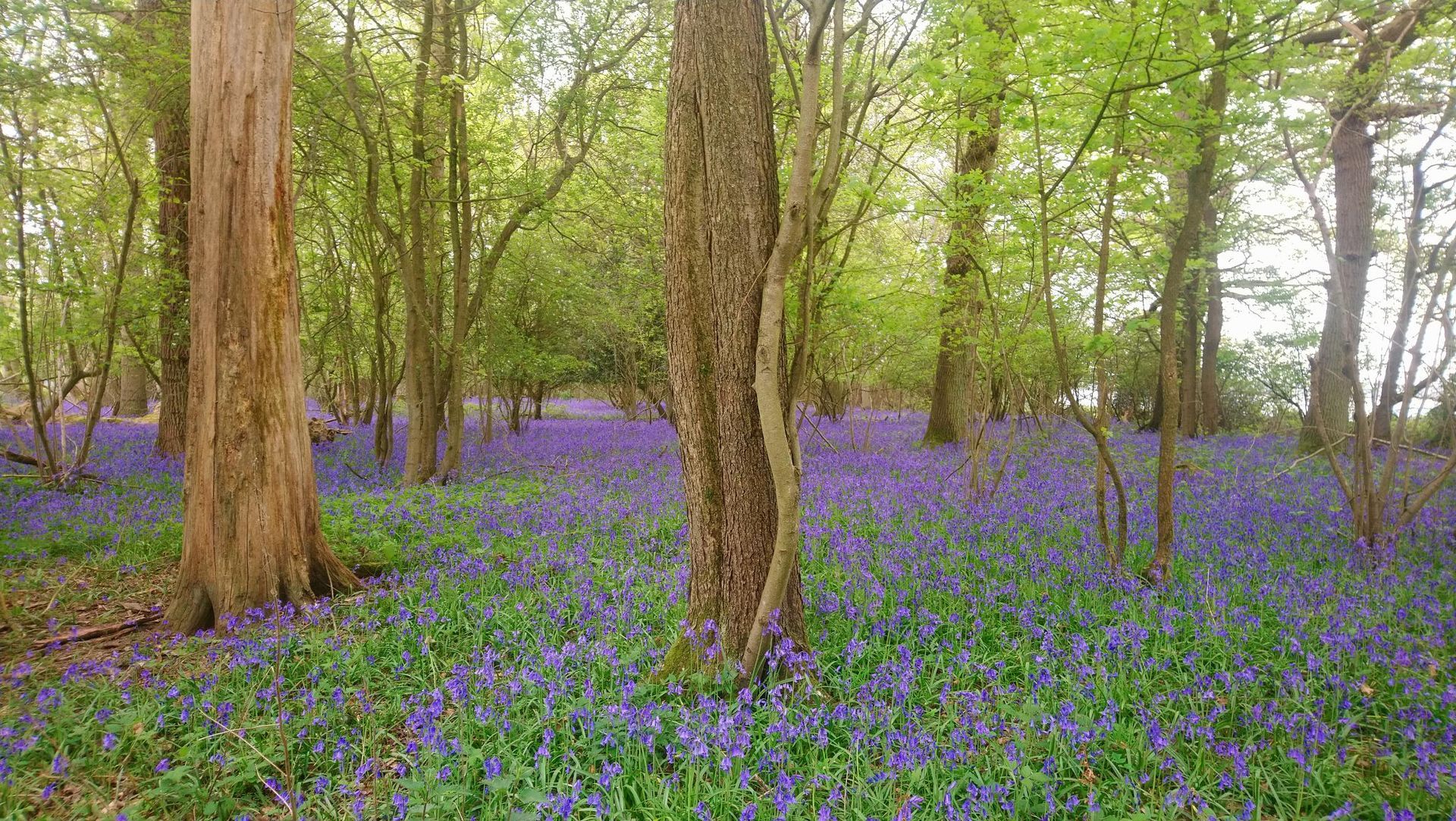Groundwork launches a new environmental investor portfolio

Over the past nine months, Accelar has been working with Groundwork North East and Cumbria on its ‘Revitalising our Estuaries’ project, focusing on the restoration and sustainable finance elements of six estuaries in the northeast. Working alongside JBA Consulting to analyse data from a range of estuary interventions, Accelar has developed a bespoke financial model to help attract sustainable investment. Read the press release below to find out more about the project, and to get a copy of the investor portfolio.
North East businesses and organisations looking to build, or enhance their corporate environmental and sustainability strategies, can explore unique opportunities to work with Groundwork NE & Cumbria through its new investor portfolio. With a pedigree of 40 years in environmental and community action, Groundwork is currently championing a range of Nature-based Solutions (NbS) designed to conserve, restore, or better manage ecosystems to remove carbon dioxide (CO2) from the atmosphere and tackle climate change.
In the North East, Groundwork’s NbS efforts focus largely on its Revitalising Our Estuaries programme with work across six river estuaries and communities in the region from Northumberland to North Yorkshire. The work ranges from designing and building innovative floating ecosystems on the river Tyne to restoring salt marshes on the Wansbeck, and installing artificial habitats for marine life including living sea walls, floating rock pools and fish shelters in Whitby harbour. The work is dynamic, ground-breaking and is helping scientists advance their knowledge in the fight against climate change.
To help the cause, Groundwork is offering businesses the chance to fund this work, and in return, be able to demonstrate the contribution their investment has made in delivering environmental improvements. A range of metrics are used including carbon storage, biodiversity, water quality, health and wellbeing, employment and training as well as flood mitigation and improvements in amenity. Groundwork also offers businesses practical opportunities to get involved in community and environmental projects, with hands-on volunteering schemes. These efforts help motivate staff, improve employee relations, attract talent and make a difference in the communities businesses both live and work.
“To create a more climate resilient future for our estuaries it will be important to secure long-term funding and we are pleased to be contributing to this important work."
STEVE MASLEN,
PROJECT DIRECTOR - JBA
A crucial development in Groundwork’s Investor Portfolio initiative is its work with two leading environmental consultancies and green finance experts. Groundwork is building monitoring and evaluation tools to be able to offer businesses clear, audited reporting on returns on investment. Investors will receive credit for the environmental and social benefits delivered, access to annual updates on the work and its progress, together with photographs and 5-yearly monitoring results.
“With estuaries offering so many opportunities for local biodiversity improvements, carbon sequestration and other ecosystem services, it is exciting to be working with different stakeholders to forge a mutually beneficial and repeatable investment model.”
CHRIS FRY, MANAGING DIRECTOR - ACCELAR
The programme is also looking to identify how investment in Nature-based Solutions can be scaled up in future. Creating and testing this sustainable finance model is being undertaken by JBA Consulting in collaboration with green finance specialists Accelar. The work is one of a number of trailblazing nature finance projects across England supported by the Environment Agency’s Natural Environment Investment Readiness Fund (NEIRF).
“Groundwork is renowned for its pioneering environmental projects and is delighted to have been granted the NEIRF Funding to advance its Nature-based Solutions programme. To finance these programmes, we have developed a package for corporate investors to support our works while dovetailing with their own corporate sustainability goals. We will carry out research with businesses to find out what areas of NbS work they are most interested in, and this feedback will help us further develop our investor portfolio. We are committed to building strong business partnerships to advance our environmental and sustainability goals.”
HELLEN HORNBY, NbS PROJECT MANAGER - GROUNDWORK
Businesses interested in exploring Investor Portfolio opportunities with Groundwork should contact: gnec.development@groundwork.org.uk. For more information on this release, for interviews and images please call Sara Ragan, Garage PR on 0754 0059763.
Groundwork North East & Cumbria
Groundwork is a federation of charities mobilising practical community action on poverty and the environment across the UK. The charity is passionate about creating a future where every neighbourhood is vibrant and green, every community is strong and able to shape its own destiny and no one is held back by their background or circumstances. Find out more here.
NEIRF
JBA Consulting
is part of the JBA Group - a family of environmental, engineering and risk management companies. All committed to exceptional client service and leading on creating more climate-resilient environments and communities. JBA are leading engineers, environmental consultants, data analysts, designers and scientists, and much more – managing climate, weather, flood and environmental risks and opportunities for their clients. With an ambition to lead in society’s pursuit of resilience to climate change. For further information please visit
their website.
Accelar is a strategy and sustainability consultancy, and our purpose is to accelerate the green transition. We help companies, public and third-sector clients to grasp the opportunities associated with green finance and sustainable infrastructure & the built environment. For further information please visit our website. Accelar hosts the Nature Finance Impact Hub which helps investors, buyers and project developers by pinpointing the financial and environmental impacts of nature-positive projects. For further information see www.accelerategreenfinance.com.
For all press enquiries please contact Chris Fry via +44 7986 555168 or
cfry@accelar.co.uk.






